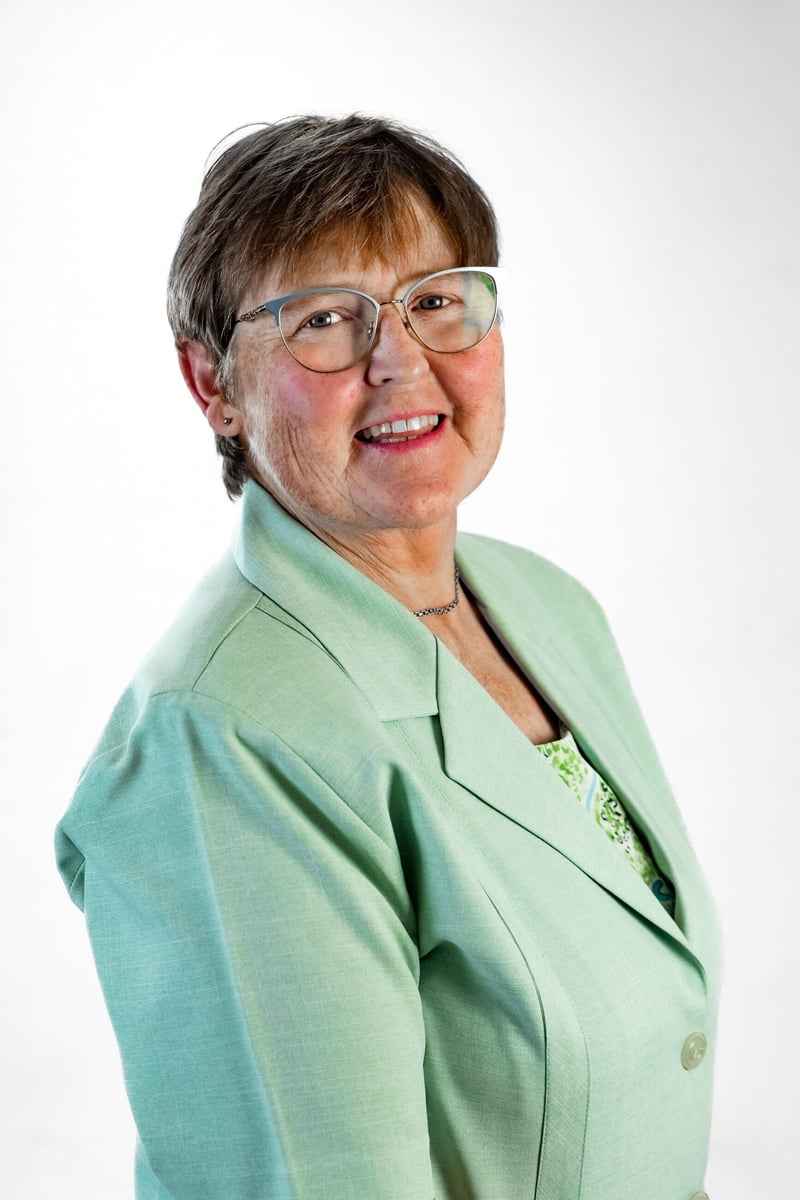Plastics Industry Urges Reevaluation of South Africa’s On-Pack Recycling Labels (OPRLs)
Written by: Monique Holtzhausen Save to Instapaper
The introduction of On-Pack Recycling Labels (OPRLs) in South Africa was a significant step aimed at enhancing consumer understanding of packaging recyclability. Launched in 2019 with support from the World Wildlife Fund (WWF), the guidelines were intended to provide uniform, clear instructions on how to manage packaging waste responsibly.
Clear Guidance for Consumers
Annabe Pretorius, Executive: Technical Operations at Plastics SA, explains that OPRLs are visual cues printed directly on packaging to inform consumers about the recyclability of different materials. “The goal of this streamlined communication was to guide consumers in making better disposal decisions, thereby boosting recycling rates across the country. By covering each component of the packaging, the labels aim to eliminate confusion and simplify recycling,” she says.
Collaboration and Implementation
Developed with input from the SA Plastics Pact and various industry partners, the OPRLs encouraged uniform adoption by brand owners and retailers. The hope was that consistent labelling would clarify recycling instructions for consumers, driving up the nation’s recycling rates.
Concerns About Current Guidelines
Despite the initial optimism, Pretorius raises concerns over certain elements of the guidelines, particularly the 30% recyclability threshold used to classify materials. She points out that many genuinely recyclable plastics do not meet this threshold, which creates confusion and can discourage recycling.
“Plastics SA tracks recycling rates by material type, while the OPRL guidelines link recyclability to these rates. Using the 30% threshold as a strict criterion is unrealistic, especially when comprehensive data for every individual product is lacking,” she explains.
The Role of Collectors in the Recycling Value Chain
Pretorius emphasises the crucial role of collectors, who sort and supply materials that recyclers need. “If enough of a specific plastic material is collected, it will naturally generate market demand. This is why we are opposed to the rigid 30% limit. Our guidance to consumers should be straightforward: if it’s a clean, mono-layer, mono-material plastic product, recycle it.”
The Need for Ongoing Education
Plastics SA stresses the importance of continuous education for everyone involved in the recycling process, from waste pickers to recyclers and consumers. Pretorius warns that new, recyclable product designs—like mono-layer pouches—may not be collected if there isn’t widespread awareness about their recyclability. “Even the most recyclable products won’t be recycled if they aren’t collected. If waste pickers wrongly believe certain materials aren’t recyclable, they lose out on valuable resources, even if these have been specifically redesigned for recyclability,” she adds.
A Call for Clarity
While the initial aim of OPRLs was to make recycling more accessible and increase recycling rates, Pretorius questions whether the labels have fully achieved these goals. “Our message needs to be clear and actionable: if it’s plastic, rinse it and recycle it,” she concludes.
Press Release Submitted By
Company Name: Plastics SAContact Person: Annabe PretoriusWebsite: www.plasticsinfo.co.za
Total Words: 523
Social Media Post
Rethinking Recycling Labels in South AfricaPlastics SA calls for a review of OPRLs to make recycling clearer and more effective. Let’s simplify recycling: If it’s plastic, rinse and recycle!
#RecyclingRevolution #PlasticsSA #Sustainability #EcoFriendly #pressrelease #AfricaNewsroom #bizcommunity #publicrelations #africa #southernafrica #southafrica
Get new press articles by email
227 Press Release Articles
PR Consultancy focussing on the plastics and recycling industries
Latest from
- Thermoplastic Pipes - A Critical Solution to South Africa’s Water Crisis
- Three Interns Embark on an Exciting Career Journey at Plastics SA Through Government’s YES Programme
- THREE INTERNS EMBARK ON AN EXCITING CAREER JOURNEY AT PLASTICS SA THROUGH GOVERNMENT’S YES PROGRAMME
- SAPPMA Marks Milestone at 20th Annual General Meeting with Renewed Commitment to Quality
- Plastics SA Hosts Global First - Self-Employed Material Recycler Training Programme Empowers South Africa’s Waste Pickers
- World Plastics Council and Global Plastics Alliance Urge South African Government to Secure Treaty to End Plastics Pollution
- Plastics SA Appoints Lazola Pendu as Sustainability Project Coordinator
- Outcome of SAPPMA Special Meeting - Renewed Focus on Quality
- The Future of Public-Private Partnerships (PPPs) in South Africa's Government's New Utility (GNU) Strategy
- Plastics SA Releases 2023 Polymer Consumption and Recycling Figures
- Trash4Treats and MetPac-SA Expand Inter-Schools Environmental Sustainability Project to Gauteng & KZN
- Record-Breaking Success at the 2024 Clean-Up & Recycle SA Week
- Clean-Up & Recycle SA Week 2024 - Join The Movement To Make A Difference
- NHI Bill Highlights The Crucial Role Of Proper Maintenance In Healthcare Facilities
- "Anticipating The Unseen" The Importance Of Detailed Real Estate Due Diligence
The Pulse Latest Articles
- Education Is The Frontline Of Inequality, Business Must Show Up (December 11, 2025)
- When The Purple Profile Pictures Fade, The Real Work Begins (December 11, 2025)
- Dear Santa, Please Skip The Socks This Year (December 10, 2025)
- Brandtech+ Has 100 Global Creative Roles For South African Talent (December 9, 2025)
- The Woman Behind Bertie: Michelle’s Journey To Cape Town’s Beloved Mobile Café (December 9, 2025)
